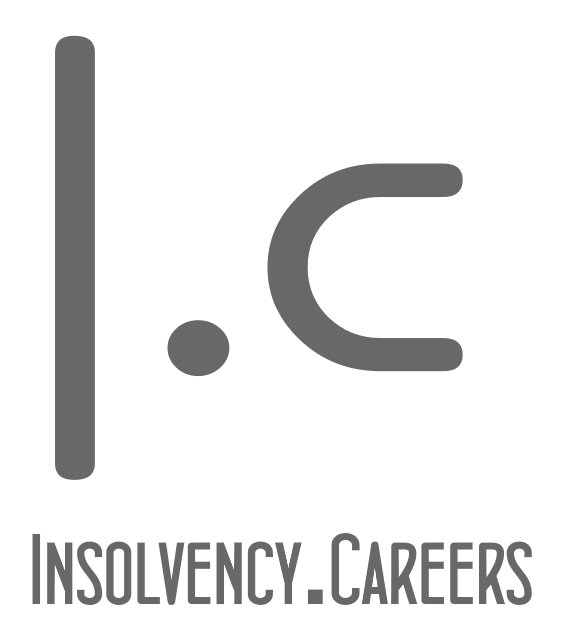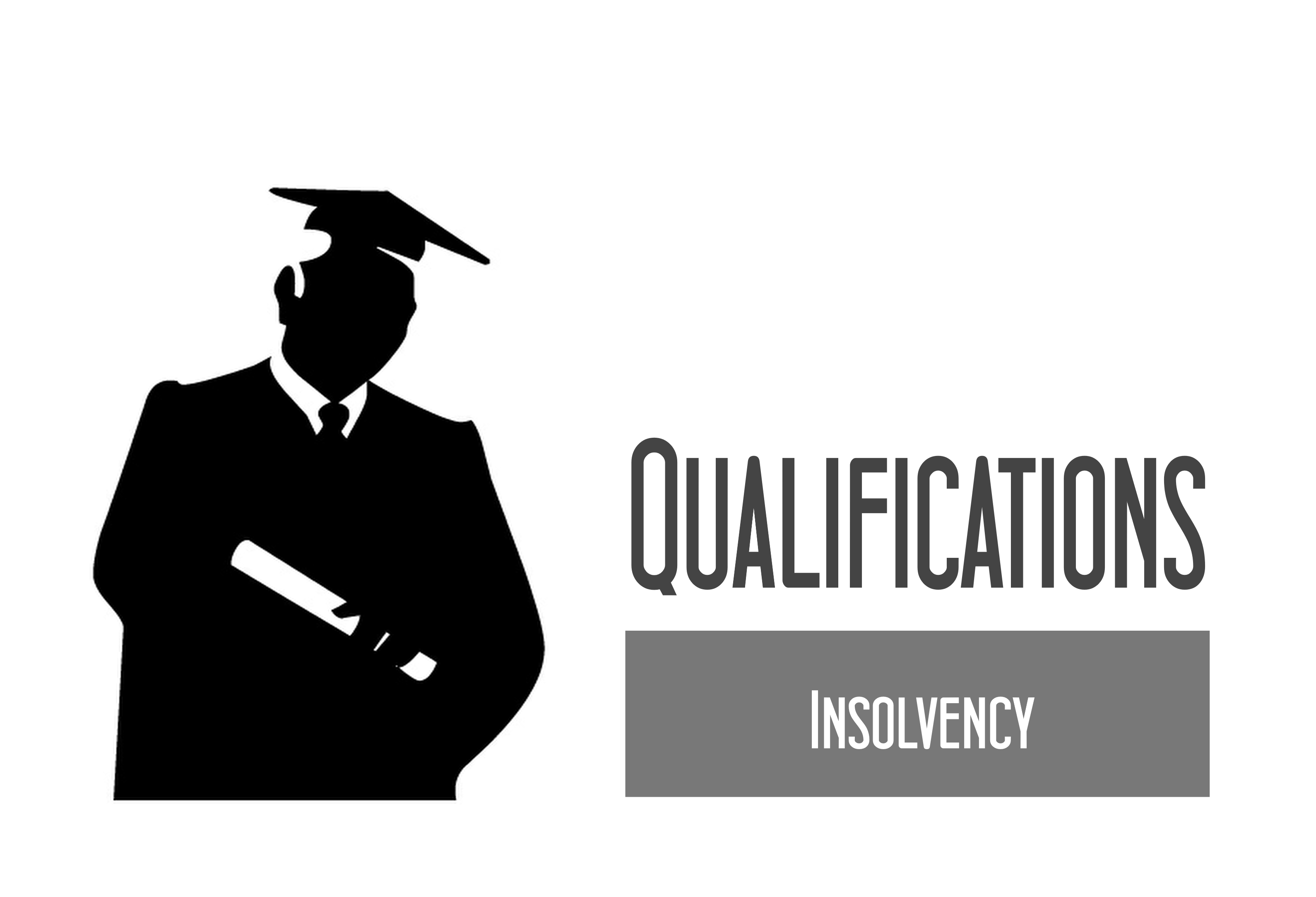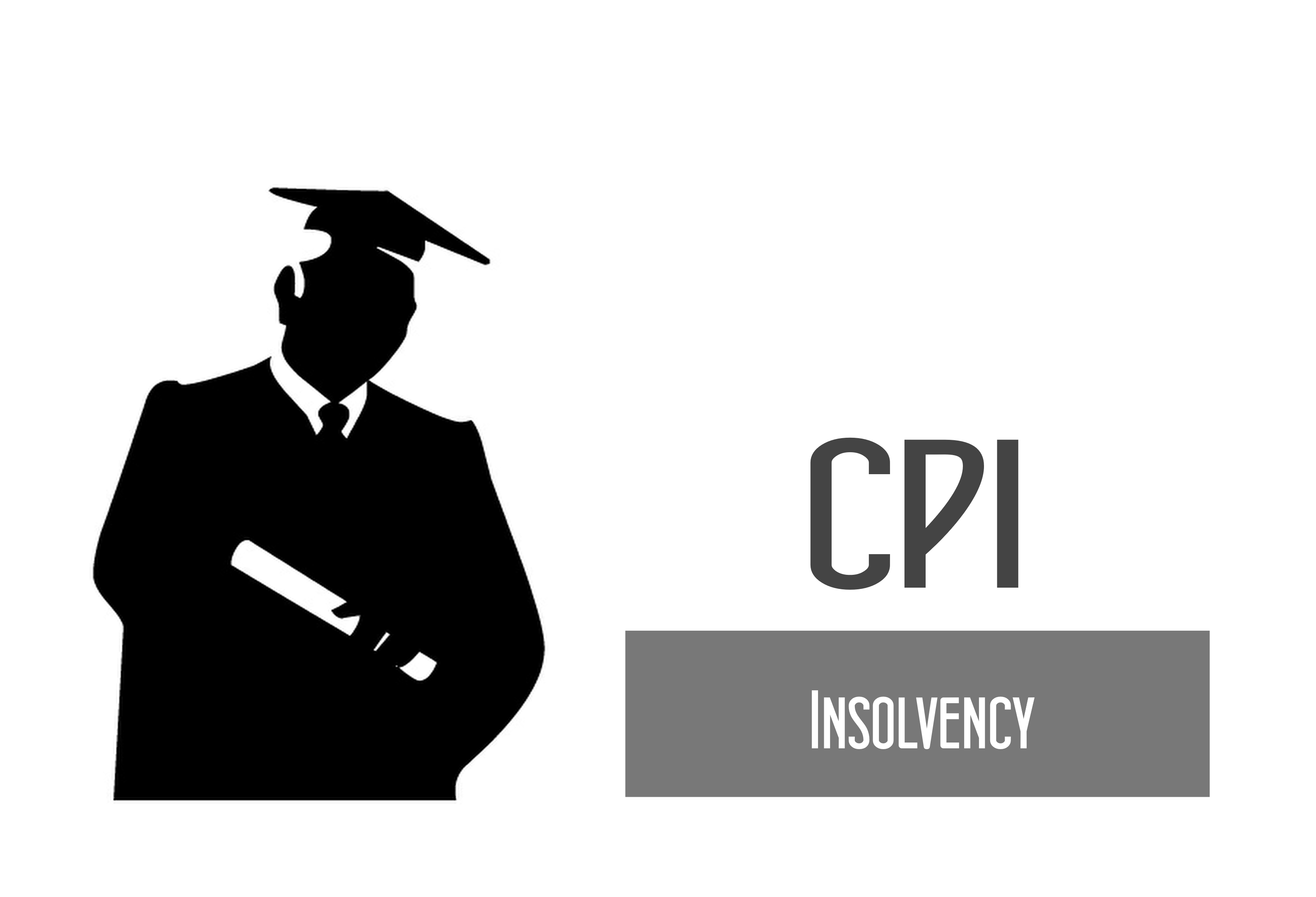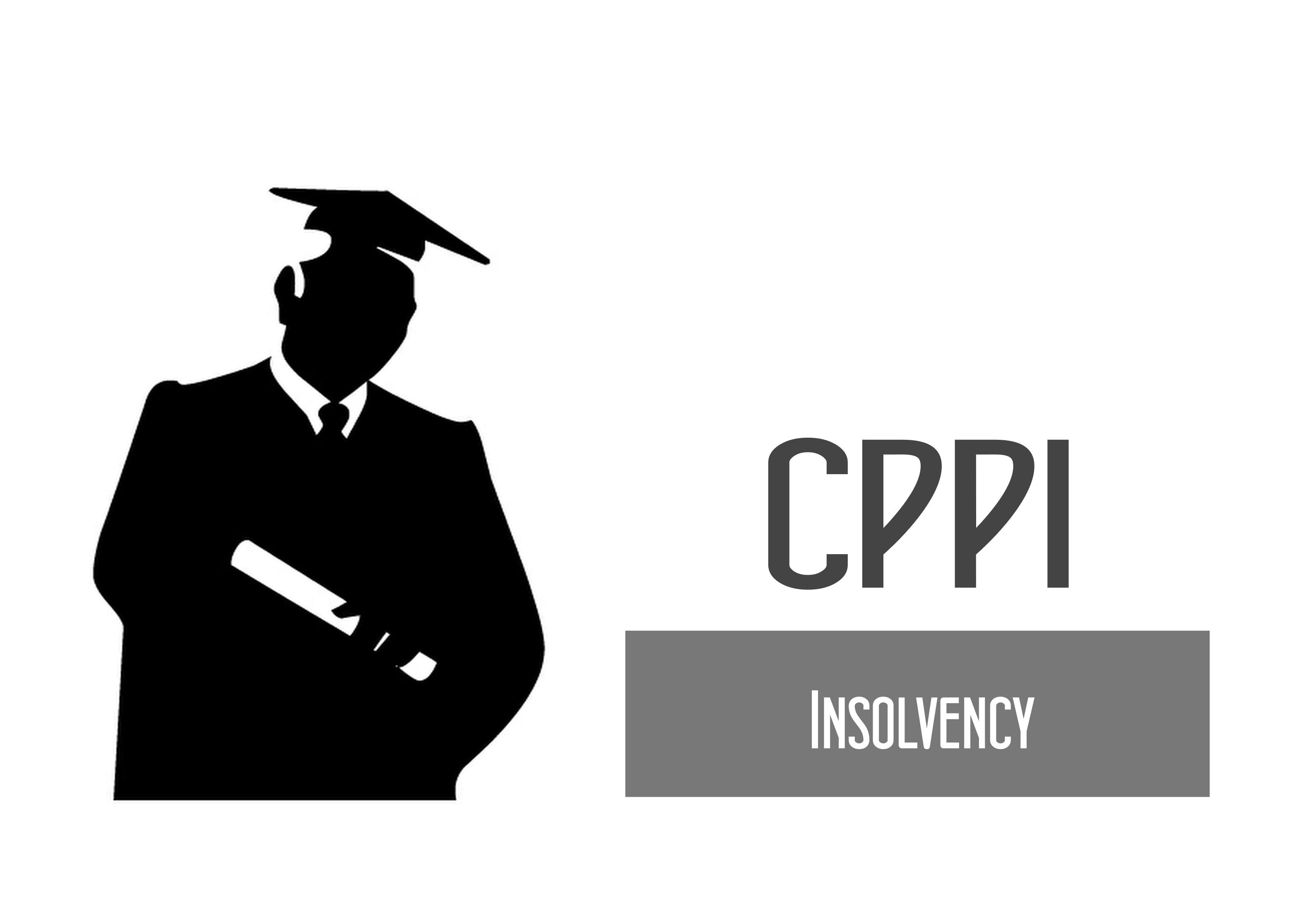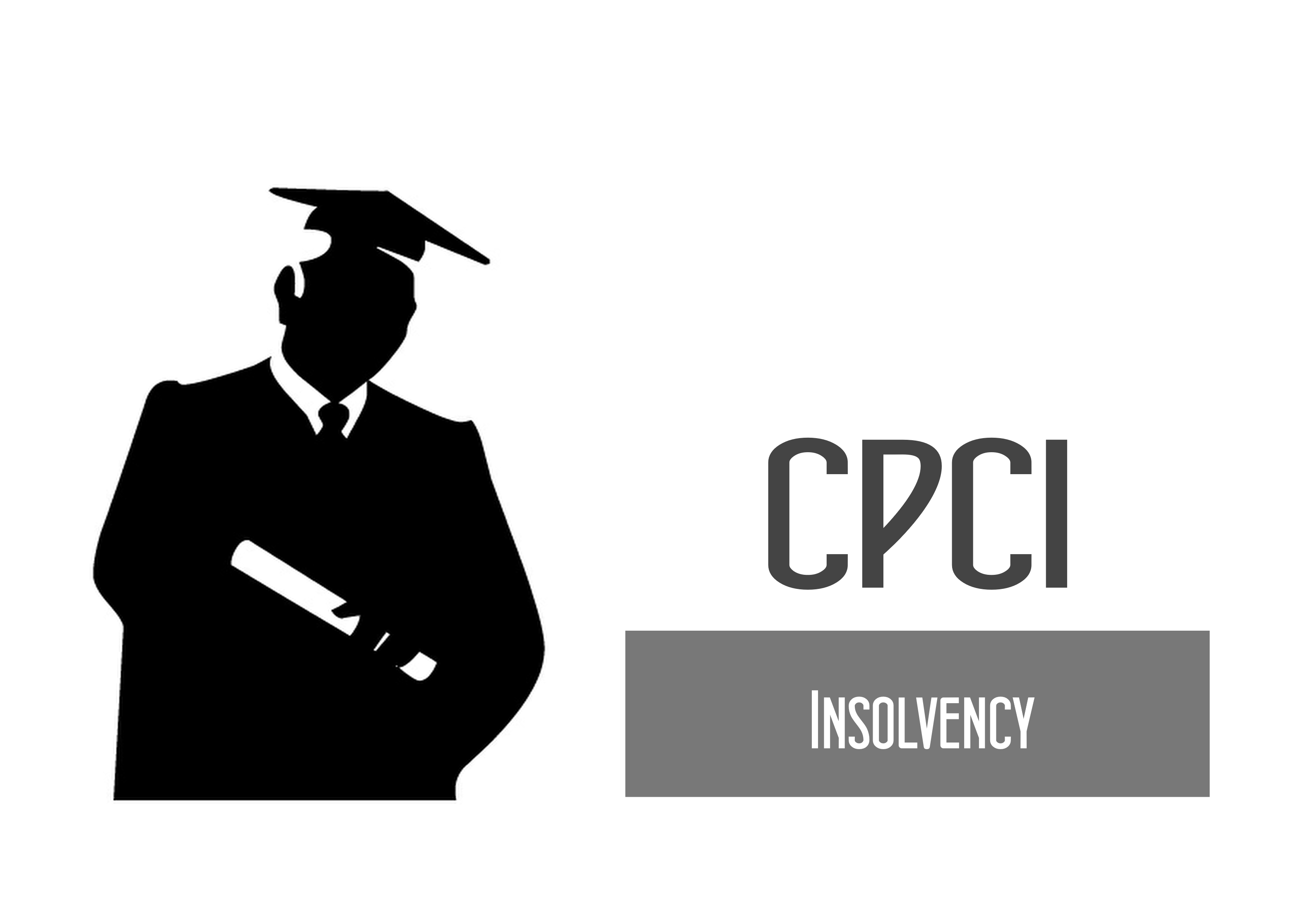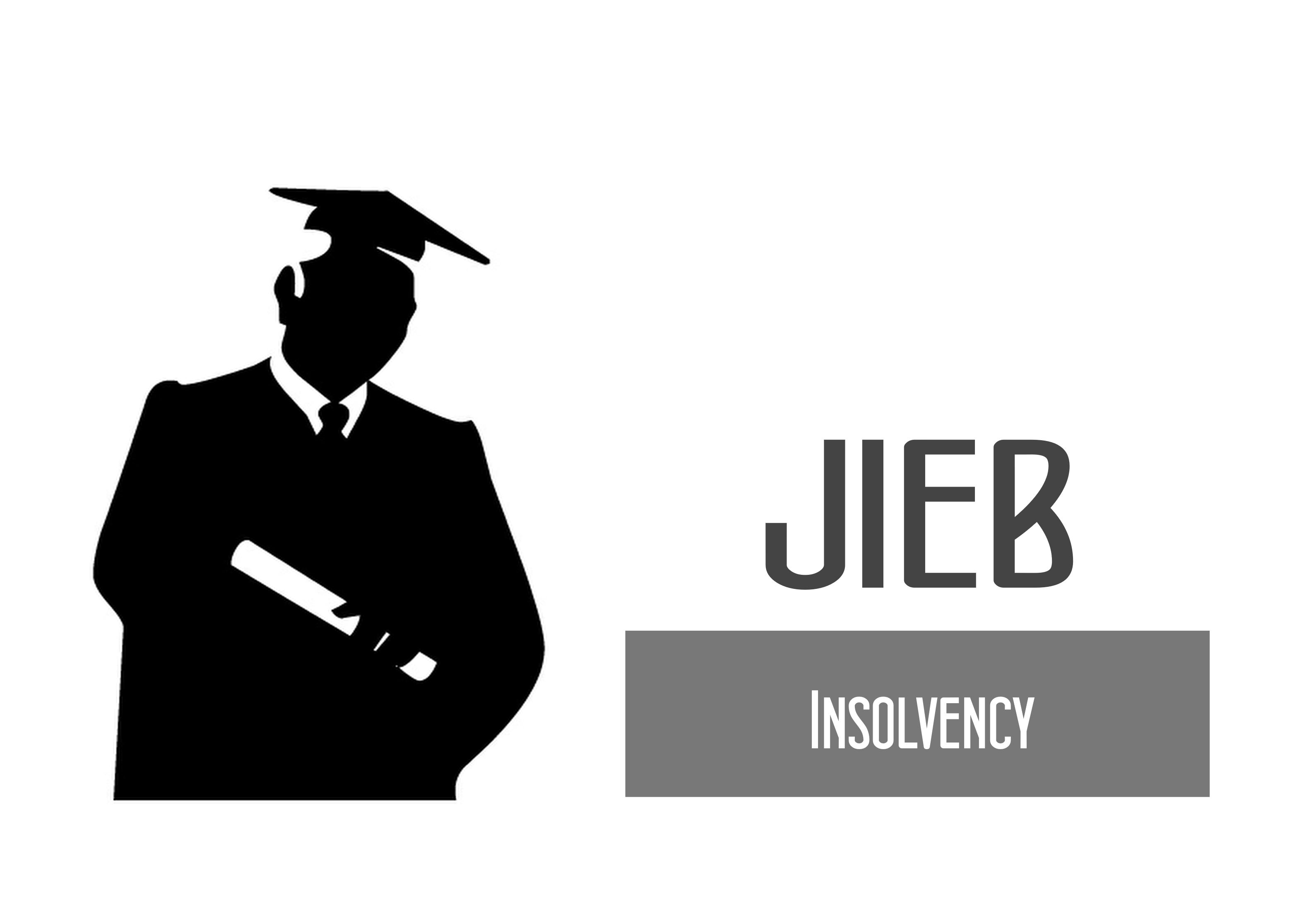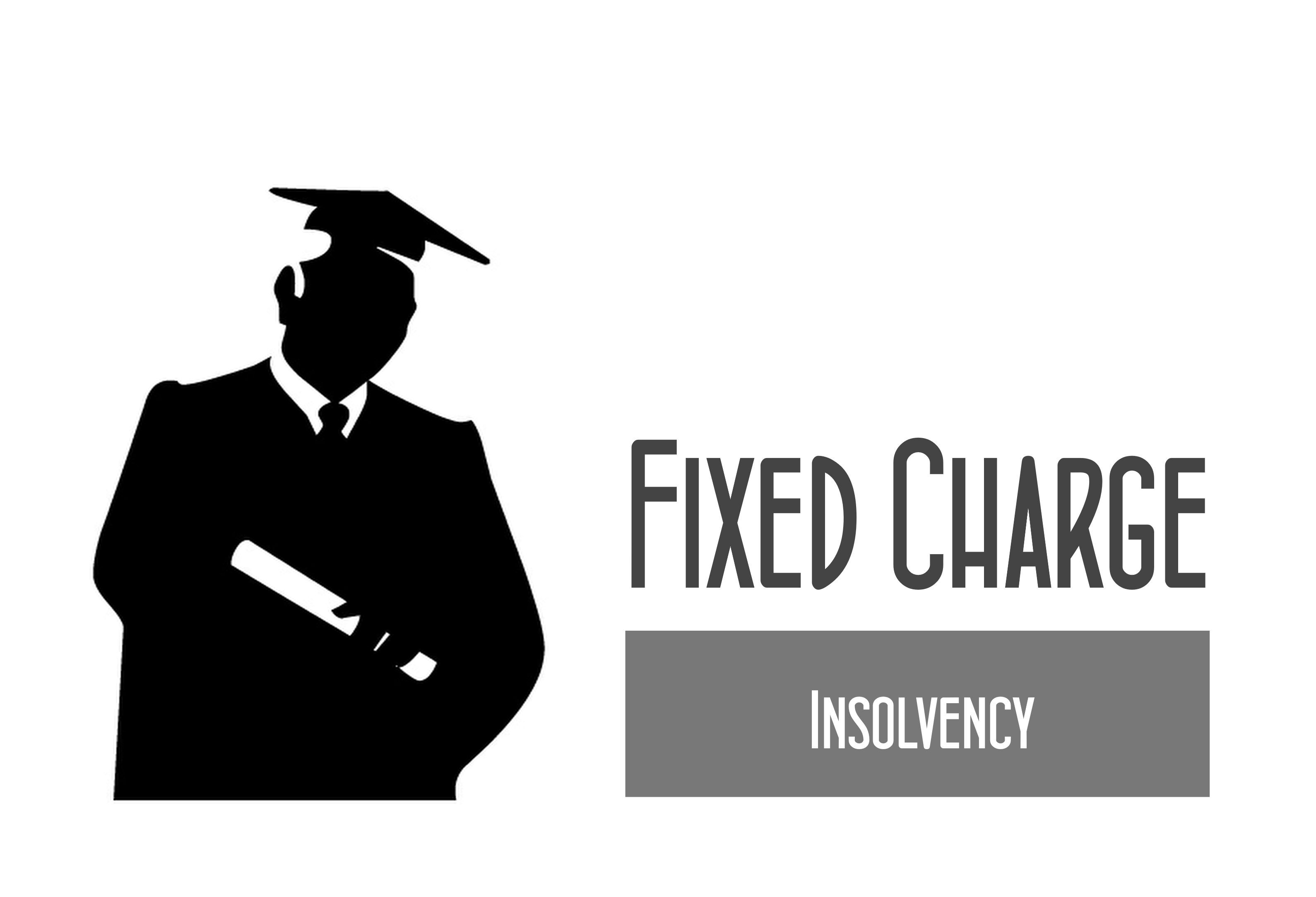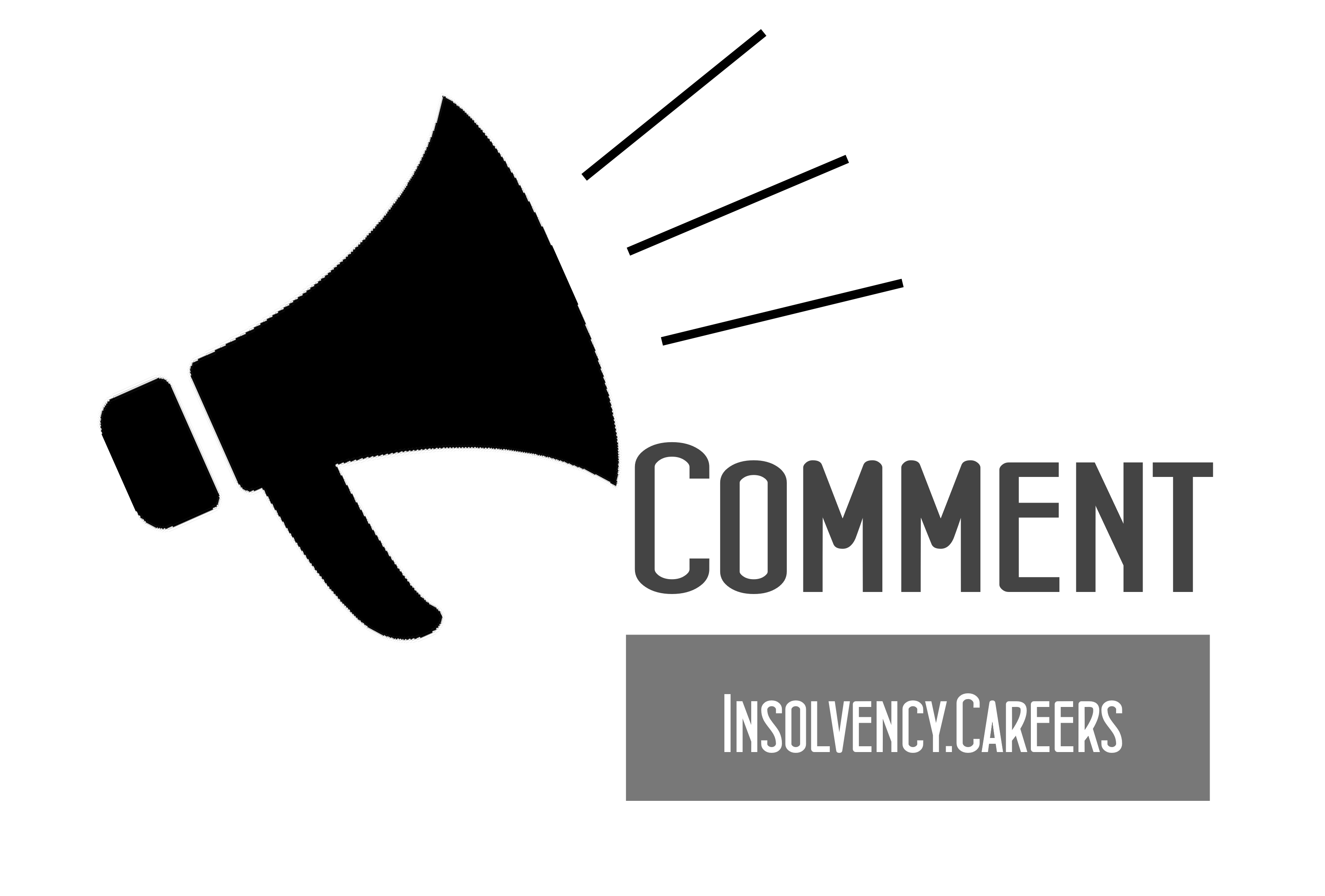Starting Out or Part Way Through Your Career?
Whether you are starting out on a career in insolvency or part way through thinking of ways to boost your career we can help guide you.
How Do You Embark on A Career in Insolvency?
Trainee Roles
For a number of years, insolvency has been going through difficult times and the emphasis has been on downsizing rather than taking on new recruits. However, the market is starting to change and some insolvency firms are now starting to take on trainees again.
Keep an eye out for these opportunities- Top 10 firms often advertise on their websites
- Sometimes, these opportunities are advertised by recruitment companies such as GGT Insolvency Recruitment

- Check job boards e.g. Reed or Total Jobs etc
- Graduates may find that the university careers office have details of firms who regularly take in trainees
How To Develop Your Career Once You Are In Insolvency
The remainder of this page is relevant to new and existing insolvency people.
If you feel that the practical or technical experience that you are getting is not what you really want then:- Consider where your skills are in need of boosting - these may be practical skills or technical
- Talk to your current employer and tell them your concerns - this can often resolve issues quickly
- Contact a specialist insolvency recruitment consultant e.g. GGT Insolvency Recruitment who can offer you advice on finding an employer who can meet your needs and ambitions. Beware contacting a recruitment consultant who is not familiar with the insolvency profession and the particular foibles of our industry!
- If you lack technical skills, help yourself by spending time outside the office learning
Qualifications
There are a number of qualifications that you may wish to consider studying for to help push your career. You can study for one or more of these exams but please choose the one best suited to your abilities. The exams (particularly the JIEB) are notoriously difficult and should only be attempted if you are serious about a career in insolvency and feel that you can successfully complete the course.
If we have one tip, then that is not to embark on any of these qualifications until you are gainfully employed within the insolvency profession. Insolvency is not a subject that should or indeed can really be learned from a text book. Without the experience of practically applying the technical knowledge, you will never be an insolvency practitioner and most employers will not rate you much higher than a new trainee! Harsh but true!
Qualification:
Certificate of Proficiency in Insolvency (CPI)
Arranged by:
The Insolvency Practitioners Association (IPA)
Exam Dates:
June & December
Register by:
31 March & 31 October
Purpose:
- It is ideal preparation for JIE,
- a test of competence in insolvency
- CPI is widely recognised by employers as an established mark of achievement. It covers both personal and corporate insolvency.
Other Benefits:
CPI can lead to membership of the IPA and to entitlement to use its designatory letters MIPA.
The IPA also offers a CPI+ course.
- 6 hours of structured CPE.
- Focus's on practical and skills-based topics, with a pervasive theme of ethical considerations and it is aimed primarily at case managers and administrators who are involved in the conduct of cases on a day-to-day basis.
Qualification:
Certificate of Proficiency in Personal Insolvency (CPPI)
Arranged by:
The Insolvency Practitioners Association (IPA)
Exam Dates:
June
Register by:
31 March
Purpose:
- Aimed at personal insolvency specialists
- a test of competence in personal insolvency
- Focused on statutory forms of personal insolvency.
- Minor element of awareness of non-statutory debt solutions.
Other Benefits:
CPPI provides evidence of your skills in personal insolvency and therefore provides a good basis for a career in personal insolvency
Passing CPPI and CPCI = CPI
Qualification:
Certificate of Proficiency in Corporate Insolvency (CPCI)
Arranged by:
The Insolvency Practitioners Association (IPA)
Exam Dates:
June
Register by:
31 March
Purpose:
- Aimed at corporate insolvency specialists
- To equip candidates with a sound knowledge of insolvency law and practice
- To provide a basis for obtaining further qualifications such as JIE.
- Candidates will be required to demonstrate a solid understanding of insolvency law and practice as it relates to corporate insolvency.
Other Benefits:
There's a separate exam for Scotland
Passing CPCI + CPPI = CPI
Qualification:
Joint Insolvency Exam Board (JIEB) or (JIE)
Arranged by:
- The Association of Chartered Certified Accountants
- Insolvency Practitioners Association
- The Institute of Chartered Accountants in England and Wales
- The Institute of Chartered Accountants of Scotland
- The Institute of Chartered Accountants in Ireland
- The Solicitors Regulation Authority
- The Law Society of Scotland
- The Law Society of Northern Ireland
Exam Dates:
November
Register by:
January
Purpose:
- The minimum qualification leading to becoming an Insolvency Practitioner
Structure:
There are three papers:
- Liquidations
- Administrations, Company Voluntary Arrangements (CVAs) and Receiverships
- Personal Insolvency
To pass the JIEB exam you have to pass all three papers, though you don't have to sit them all at once.
Key Considerations:
A practical exam and tests the knowledge and skills that insolvency practitioners use in their working lives.
R3 recommends that candidates do not attempt the examination without at least three years’ practical insolvency experience covering each of the areas to be examined.
Passing JIEB does not make you an IP! It means that you can pass exams! An IP has many, many more skills and requires practical experience as much as theoretical exams.
When you have all the requisite experience and pass JIEB only then are you capable of being an IP and only then should you apply for an insolvency licence
Qualification:
Fixed Charge Receivership Scheme (FCRS)
Arranged by:
The Insolvency Practitioners Association (IPA) and
Royal Institution of Chartered Surveyors (RICS)
Exam Dates:
June followed by interview Sept/Oct
Aimed at professionals specialising in fixed charge receiverships and Law of Property Act receiverships
Practical Experience or Qualification?
"Don't be driven by exams and qualifications! Yes they can be useful but practical experience is paramount. I've known a few candidates embark on their studies without a day's experience of insolvency. Needless to say they stood little better than a new trainee in the eyes of an employer.
Studying wont teach you how to handle an irate creditor or even director! It won't teach you the skills of dealing with making a workforce redundant and it wont teach you how to show empathy yet not get emotionally involved when an individual realises that they are about to lose their home.
Use studying to back up what you learn on the job not the other way.
And don't just look at insolvency qualifications. An accountancy qualification is as good, if not a whole lot better and more use as the profession moves away from traditional insolvency to look at more constructive solutions at an earlier stage."
Current Skills Shortages
"If you want to get yourself noticed and one step ahead of your colleagues, then equip yourself with skills that are currently in short supply. In reality these skills are always going to be in demand.
Business Development - any insolvency professional who can win work and has an established network of referrers will always be of interest to employers. You'd be surprised how few insolvency people below IP level can claim to be true business developers. We don't train people in this area as much as we should, so it will be up to you to push yourself in this area.
Advisory - if you can get experience of undertaking independent business reviews (IBRs) and viability reviews as well as core insolvency skills you will be more marketable. Experience of analysing businesses and working with directors to save a business are in short supply
Accountancy - getting an accountancy qualification will give you an edge in that you should have a good basic understanding of understanding and interpreting the numbers.
